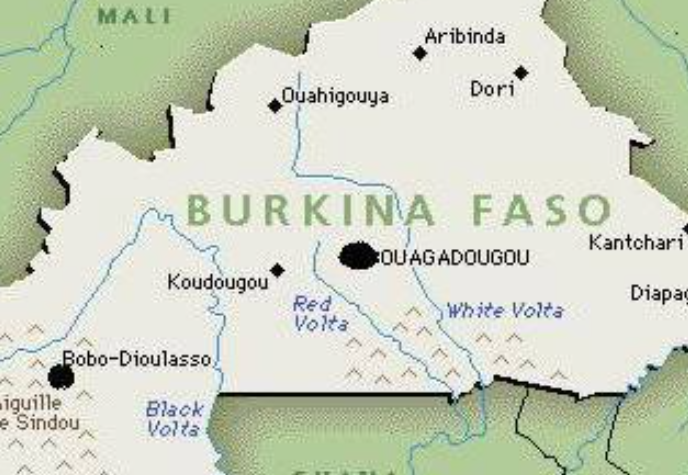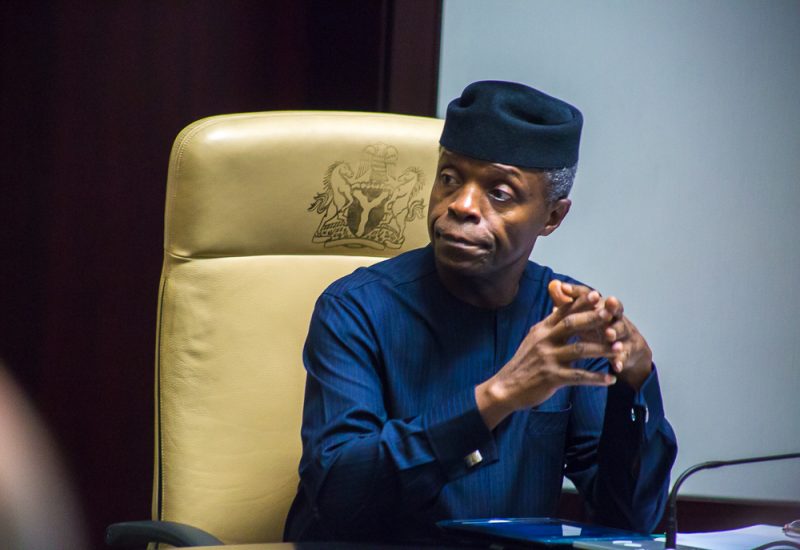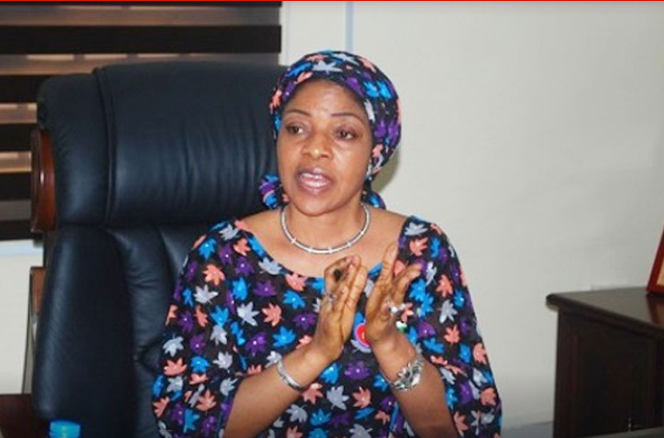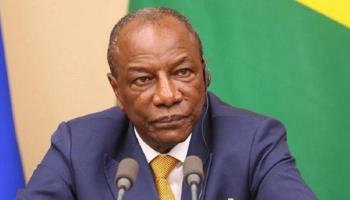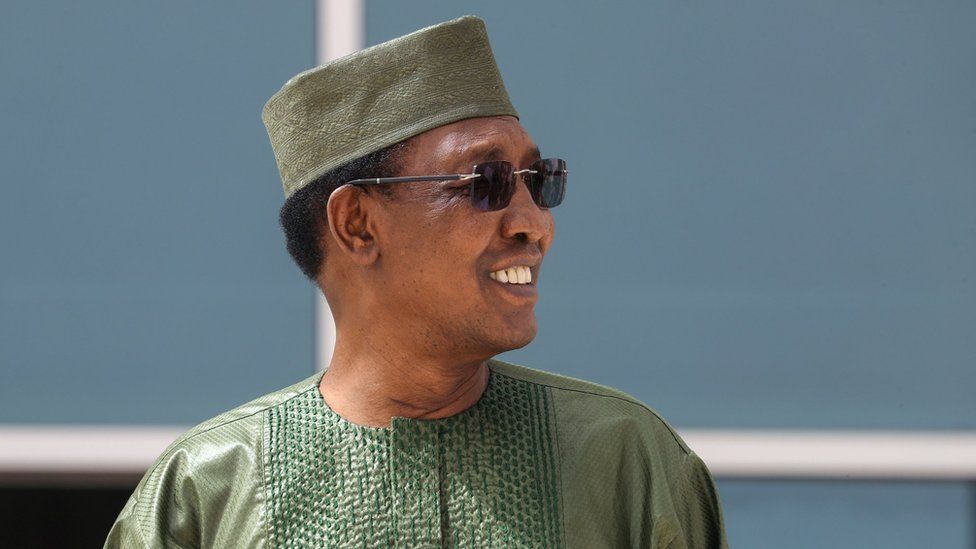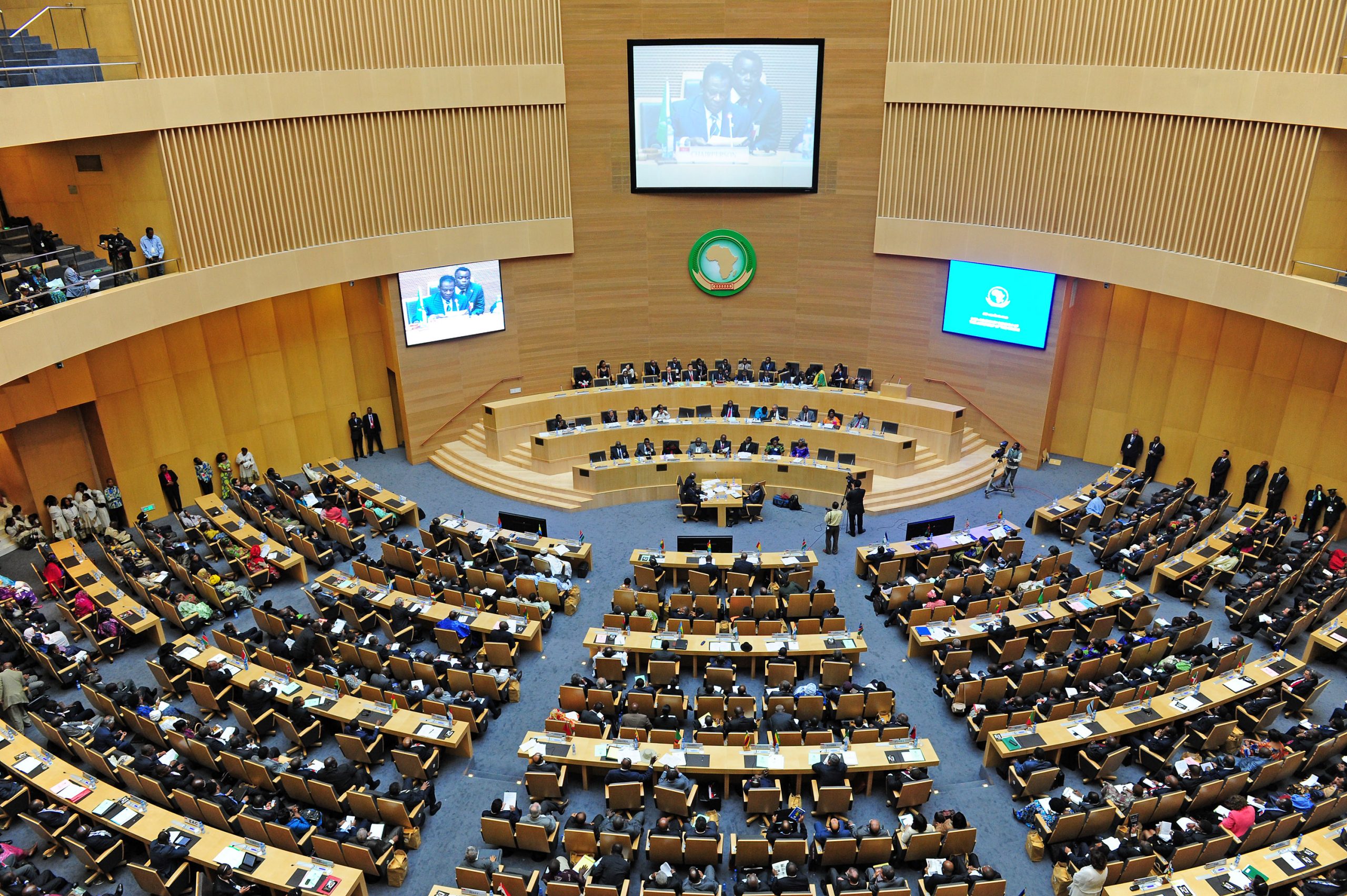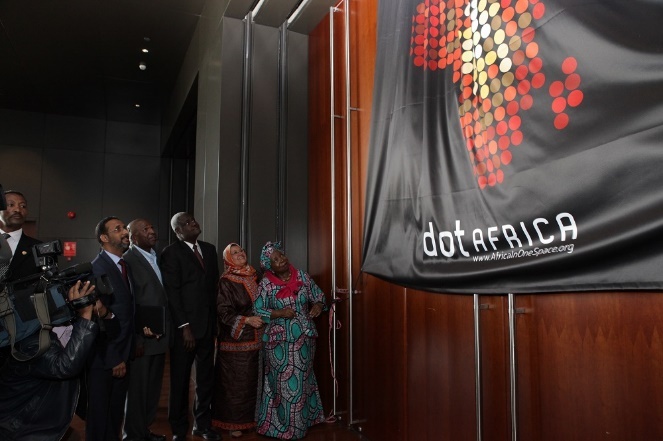Princess Gloria Akobundu, the National Coordinator and Chief Executive Officer (CEO) of African Union Development Agency-New Partnership for Africa’s Development (AUDA-NEPAD) has said the peer review of Nigeria has reached its last stage.
TheNewsGuru.com (TNG) reports Akobundu, who is the Coordinator of the African Peer Review Mechanism (APRM), made this known during the weekend at the “African Single Market World Commodity Summit and Expo 2021 with Digital Economy in Africa”.
Recall that President Muhammadu Buhari had given approval for the African Union Continental Secretariat of the APRM to commence the process of the validation of the country’s Peer Review.
Speaking during the summit, Akobundu, who became the second recipient of Africa Achievement Award after Chief Emeka Anyaoku, former Secretary-General of the Commonwealth, said when completed, the Peer Review will expose areas where Nigeria can learn from other nations, and where other nations can learn from Nigeria.
Represented by her Senior Special Assistant, Dr Enobong Emmanuel Abraham, the NEPAD boss said: “Nigeria is currently undergoing second peer review from the African Union AVRM office, and we are at the last stage of it.
“Peer review comes every four years, but the last time this was carried out was in 2008. You can see the length of time it is taking. President Muhammadu Buhari graciously approved the peer reviewing of Nigeria.
“It is a self assessment exercise voluntarily assented to by individual African Union nations to review itself in all areas of activities and sectors, socioeconomic and political sectors to see where our strengths are, our weaknesses are and to learn from other nations, and for other nations to learn from us in those areas that we have capacity, we have strength and better performance shown”.
Meanwhile, Dr Abraham said Akobundu since assuming the position of the National Coordinator and CEO of the AUDA-NEPAD in 2016 has accomplished various feats.
Abraham said the AUDA-NEPAD had undergone several reforms under Akobundu, and that since she came into office, over 3,000 youths and women have been empowered through AUDA-NEPAD across the country.
Also speaking during the event, was Chairman and Chief Coordinator of the summit, Mr Angelo Peter Elosia, who said the African economy has come of age and that there is a need for leaders in Africa to come out with a sustainable policy document that will drive growth and development for the continent in a digital age.
TNG reports from the 1st of January 2021, Africa commenced the African Single market policy and to this end all African Heads of States signed a document proposing a single market to ensure ease of doing business for African countries.
To this end any goods coming from Africa irrespective of the country should be regarded as single during export to any part of the world.
The idea behind the policy is to ensure that such goods will not be subjected to multiple taxation as well as be given tax waivers where and when necessary.
While welcoming guests to the event, Chairman and Chief Coordinator of the summit, Mr Angelo Peter Elosia said the summit is all about investments in Africa, stressing that the aim of the summit was for all the exhibitors and participants to showcase what they are doing and achieving in investment in Africa.
He said his organization has been organizing such a summit for 20 years now but that the African Single market world commodity summit just started in January and it is in this 2021 event that it started a global awareness for it.
Meanwhile, the Nigerian Communications Commission (NCC) has said digital technologies are critical for Africa’s single market economy, and that digital technologies are changing the way people live and work.
Executive Vice Chairman of NCC, Prof Umar Danbata made this known at the “African Single Market World Commodities Summit & Expo 2021 with Digital Economy in Africa”.
Prof Danbatta was represented by NCC’s Director of Digital Economy, Engr. Rev. Nwaulune Augustin at the event said the progression made in digital technologies became more prevalent in 2020 due to the Covid-19 pandemic
Danbatta’s remarks at the event reads: “It is a great honour to be given the opportunity to speak at the “African Single Market World Commodities Summit & Expo 2021 with Digital Economy in Africa”.
“The Nigerian Communications Commission, in its capacity as the regulator of Nigerian telecommunication sector which is one of largest on this continent, understands the need for sustainable strategies that take into consideration the future of communication and its impact on stakeholders as well as the economy at large.
“The evolution of our Telecommunication sector has driven the need for Africa as a whole to have a salient role in the formulation of policies that drive information communication technology and its global reach.
“The Nigerian Communications Commission in its continuous effort to spearhead this role is improving its performance matrix through its Strategic Management Plan (SMP) 2020-2024 which aligns with the mandate of the Federal Government on Digital Economy.
“The SMP 2020-2024 is built on the pillars of adaptive and sustainable regulatory excellence, universally pervasive and inclusive broadband access, promotion of digital economy through regulations and initiatives, dynamic market development and last but not least, sustainable and strategic partnership with relevant stakeholders.
“This plan plays a vital role in accelerating the implementation of the Nigerian National Broadband Plan (NNBP) 2020-2025 which aims to increase broadband penetration, critical to the success of worldwide online broadcasting.
“The switch to digital is affecting all areas of life and business. In recent years, the world witnessed digital transformation of broadcasting from traditional broadcasting. Digital technologies are changing the way in which media content is produced, disseminated and consumed.
“This progression became more prevalent in 2020 due to the Covid-19 pandemic. The surge in digital broadcasting such as the diffusion of online streaming has necessitated the need for a critical look and subsequent adoption of emerging trends.
“However, in order for African broadcasting outlets to compete globally, they need to go beyond staying abreast with recent technology and swift dissemination of information, to ensure that they maximize their reach in underserved areas locally while striving for notable international presence.
“As traditional business models are also gradually substituted by both emerging start ups as well as digitally transformed existing players, media companies and broadcasters need to develop new digital-based business strategies to be able to compete and retain their audiences. This cannot be achieved without broadband penetration.
“Broadband penetration in Nigeria has increased, going from 21.69% in January 2017 to 39.79% as at July 2021, with approximately 45 million and 75 million subscribers respectively. With a population of over 200 million according to the World Bank, there is still work left to be done.
“The initiative to increase broadband penetration led to the identification of Target Areas in synchronisation with the Commission’s Strategic Vision. An integral area identified was fibre infrastructure.
“Consequently, a Broadband Implementation and Monitoring Committee was established to evaluate broadband infrastructure deployment. The NNBP is targeting the provision of 120,000Km of fibre optic nerwork, broadband speed of 10Mbps and 25Mbps in rural and urban areas respectively.
“There is an expectation of 60% Digital Literacy, 70% Penetration and 90% Coverage by 2025. Additionally, the plan recommends 95% of LGA Headquarters with fibre, 60% of all Base Transceiver Stations with fibre as well as the local manufacture or assembly of three smartphones in Nigeria.
“This year, a select number of Infrastructure Companies were given the go ahead to begin a Fibre roll-out that will reach underserved areas across the nation. The roll-out is in conformity with the license agreements already issued to these companies and will be effectively monitored throughout the deployment lifecycle. The fibre roll-out is one of several other Enterprise Strategic Initiatives that were identified, notably:
“Stakeholder Education and Engagement MOUS Implementation and Monitoring; Developing a framework for regulating Over the Top (OTT) services; Developing a framework for facilitating emerging technology services in Nigeria; Revision and expansion of licensing categories; Identify high yield market segmentation, and Exploring other channels of broadband deployment.
“These initiatives will ensure that the Commission remains well informed and prepared for the metamorphosis of communication.
“In conclusion, the Nigerian Communications Commission is persistent in its regulatory mandate. It has strongly urged and provided an enabling environment for telecommunication companies to thrive and adopt emerging technologies.
“The Commission’s dedication to sustainable communication is evident in its Strategic Management Plan which ensures the effective implementation of the National Broadband Plan, and the National Digital Economy Policy and Strategy (NDEPS) of the Federal Government.
“The Commission is determined to fully engage in the digital advancement of the different Communication factions to that which rivals its counterparts in the global industry”.
Other participants and exhibitors at the event Includes Federal Airports Authority of Nigeria (FAAN), the Nigerian Aviation Management Authority (NAMA), the Nigeria Export Promotion Council, Ministry of Water Resources, Ministry of Agriculture.
All of these government agencies were all there to showcase investment opportunities in the various sectors of the economy, and the quality of export products from Nigeria and Africa as well as sustainable development of water resources and agriculture in Africa.
